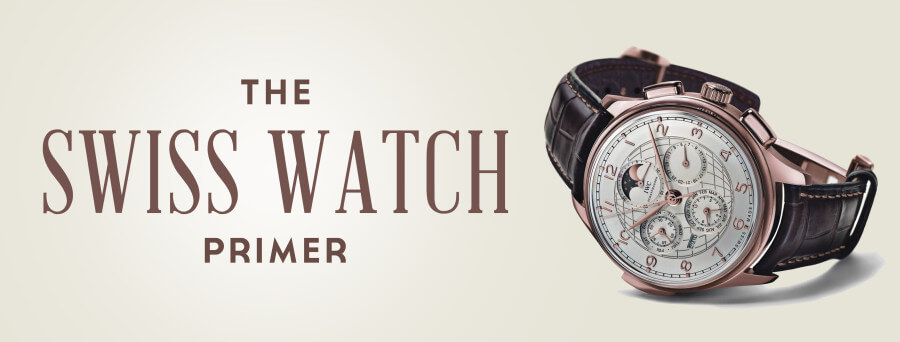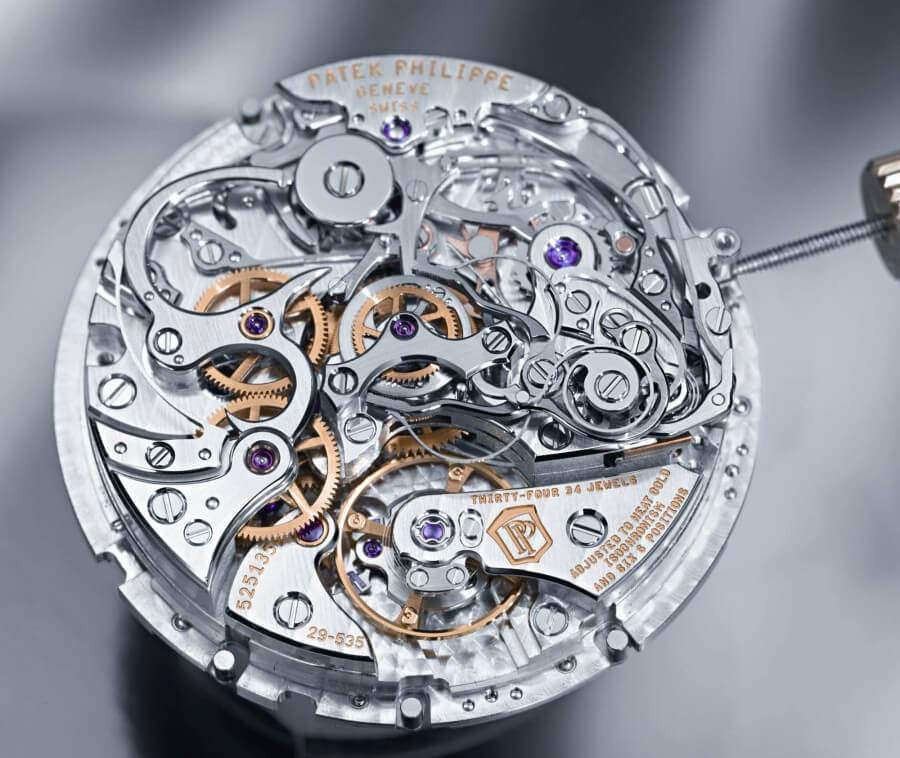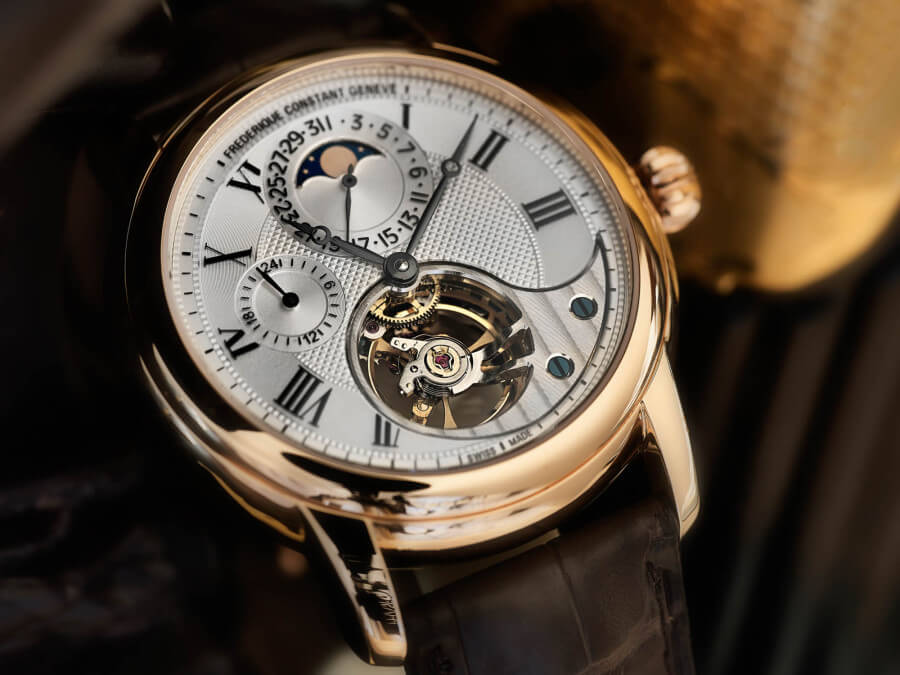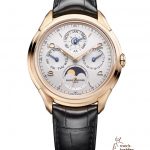With few exceptions, the world’s most coveted watch brands all seem to hail from Switzerland and simply having the name “Swiss” on a watch is an automatic generator of prestige and craftsmanship.It’s no secret that when it comes to fine timepieces, Switzerland is known as the epicenter of horology.

More and more, companies are drawing on the less coveted title of “Swiss Movt” as a stepping stone to the world of Haute Horology. Even brands carried in stores like Walmart and Target capitalize on the “Swiss Movt” moniker in hopes of attracting prospective buyers. Of all the timepieces produced around the world, it’s also the Swiss watches that are the most counterfeited with the ability to acquire a fake Rolex online for just a couple hundred dollars or less. For many centuries, Switzerland has been home to the world’s most prolific luxury watchmakers.
Manufacturers like Patek Philippe, Breguet, Jaeger-LeCoultre, Vacheron Constantin, Rolex, Audemars Piguet and more all come from Switzerland, and all of them have one thing in common: superlative craftsmanship and design. Simply owning a Swiss Made watch is akin to having a membership in a country club or elitist society. It’s a coveted jewel worn on the arms of the world’s most successful men and women who wear it as a badge of honor the way a veteran wears his medals.
Even watch companies from outside Switzerland draw on the technology and innovation of the Swiss manufacturers purchasing their movements and cases and relishing at any opportunity for affiliation. Outdoor flea markets, shopping malls, and peddlers hawk cheap Swiss fakes to any unsuspecting buyer who will shell out $50 thinking they got a steal – no pun intended. And unfortunately, this counterfeit scheme is being supported by the thousands of men and women who can’t afford a true Swiss Made timepiece but are content wearing a forgery in hopes people around them might believe it’s real.
In this article, we’re going to focus on the Swiss watch industry and explore why it’s so revered, what makes a watch Swiss made and some of the very best watchmakers in Geneva and the surrounding regions.

What is a Swiss Made Watch?
The coveted marking “Swiss Made” found on the dial of most Swiss watches is the official identifier of a truly magnificent timepiece. Any watch that legitimately bears the Swiss Made label indicates that the movement was manufactured, cased and inspected by the manufacturer in Switzerland. In addition, at least 50% of all of the watch components must be made, assembled and inspected in Switzerland. Also, the movement must not exceed 50mm in diameter and 12mm in thickness. As the Federation of the Swiss Watch Industry puts it, “Two words which, combined with renowned brands, guarantee the best choice for the consumer in search of a high-value timepiece.”
For detailed information about the topic, you can read the Verordnung über die Benützung des Schweizer Namens für Uhren in German, Italian or French, which defines, when a watch can be marked as Swiss Made, and when it cannot.
Swiss Movt Does Not Mean Much
So one might ask, what does that other, lesser known term “Swiss Movt” mean?
The fact is that watches with the label “Swiss Movt” should not be construed as being Swiss Made. Watches made around the world in mass production are often labeled as such as all it means is that the movement was constructed in Switzerland. Granted this can be very positive as Swiss movements are, in most cases, far superior to that of Chinese or even Japanese movements. However, the remainder of the watch can be manufactured, assembled and inspected anywhere else in the world.
The Swiss Movt moniker is one that holds little weight amongst horologists as even inexpensive Walmart watches are often labeled as such. A perfect example is my 12-year old son who purchased a watch for under $20 from Walmart and was very excited to show me the Swiss markings on it. I hope he doesn’t read this article because I haven’t had the heart to tell him the truth about what it really means.
Unfortunately, regardless of his age, this is a common issue for many people. They falsely believe that the Swiss Movt identifier means the same as Swiss Made and, therefore, expect that the watch they’re getting is on par with any other Swiss Made timepiece. When the watch eventually breaks or malfunctions, they assume that all watches from Switzerland are as fragile.
The History of Swiss Made Watches

Around the 16th century, watchmakers began to take flight in Geneve when jewels were banned throughout the country and in an effort to make a living, goldsmiths had to turn to creating timepieces. Within 100 years, the reputation of these Swiss watchmakers was revered throughout much of Europe and the industry paved way for new creations. In the heart of the Jura Mountains, a goldsmith named Daniel Jeanrichard applied the division of labor to this new watch industry. Thanks to his efforts, the Swiss watchmakers managed to produce 60,000 timepieces for exportation around the world. By the latter part of the 1700s, complications were developed including the date, automatic movements, and the flyback hand. As production continued to grow through the 19th and 20th centuries, the quality of the Swiss timepieces put Switzerland at the forefront of the industry. As the first world war ended, wristwatches began to be introduced. At the time, known as trench watches, these new readable timepieces allowed the Swiss watch industry to grow yet again. Today, Swiss watchmakers have been responsible for the growth and development of the luxury watch industry and continue to be the most credited and revered production houses around the world.
The ‘Swiss Made’ Laws
The term Swiss Made has been around since the late 19th century, but it’s not the only term used. In fact, vintage watches were often labeled with just “Swiss” on their dials and some used Swiss spelling such as “Suisse”, “produit suisse”, “fabriqué en Suisse”, “qualité suisse”.
Today, Swiss law allows regional watchmakers to label their timepieces as Swiss Made provided they have met a very stringent set of rules and regulations. Despite the law being amended many times, the regulations have remained strict over the years. However, it should be noted that some of the older timepieces labeled Swiss Made may not meet the current legal requirements of the industry.



